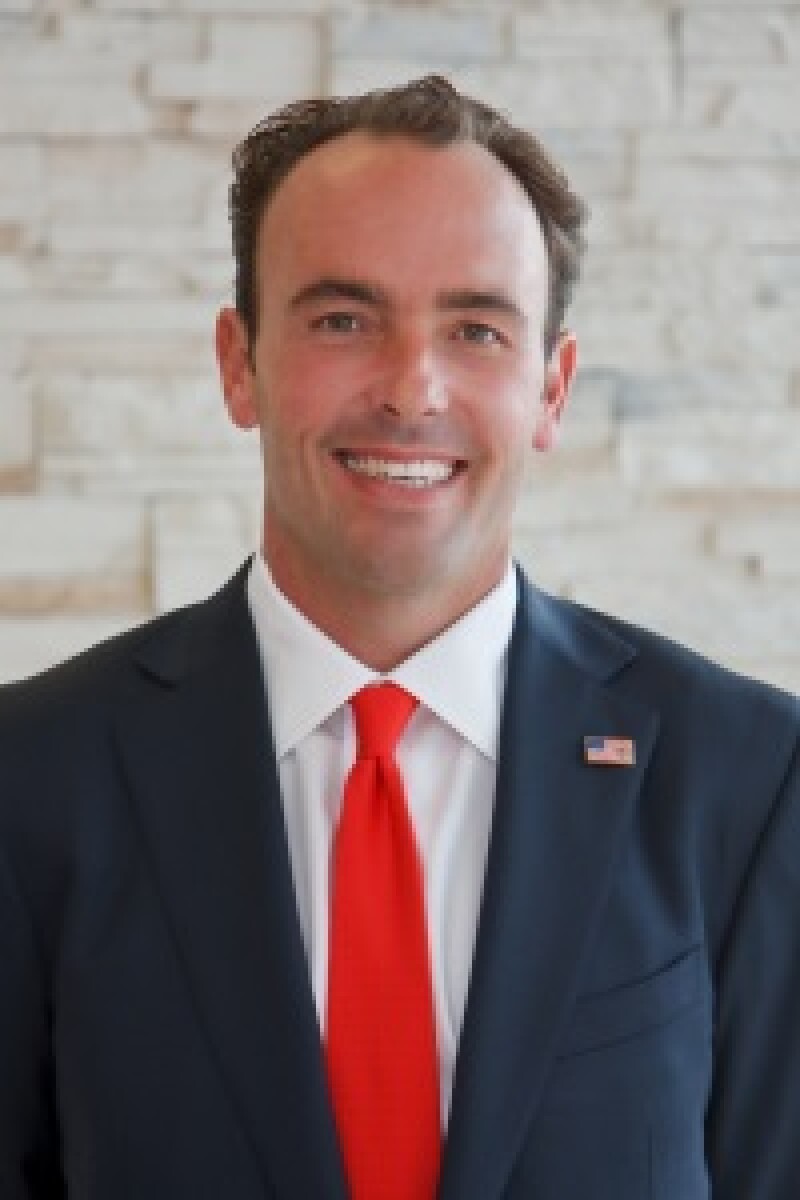
Oblon’s Scott McKeown on the Patents Post-Grant blog reports that Celgene has filed its keenly-anticipated motion for sanctions against the Coalition for Affordable Drugs – which is backed by hedge fund manager Kyle Bass (right) and nXn Partners owner Erich Spangenberg.
The motion filed with the Patent Trial and Appeal Board relates to four inter partes review petitions challenging Celgene’s patents.
McKeown is certain this is the beginning of the end for Bass’s controversial IPR filing.
“As I have maintained all along, these filings will be bounced,” says McKeown. “The system is already strained under the intense demand for PTAB trial proceedings. The limited resources of the agency can't be wasted on stock trading schemes.”
The motion, filed by Dominic Cerrito of Quinn Emanuel Urquhart & Sullivan and Anthony Insogna of Jones Day, makes interesting reading. Celgene argues that it “should not be required to expend extensive resources defending” its patents “in the face of the RPI’s abuse of process”.

It charges that Spangenberg (right) and his company IPNav (which is also on the Coalition for Affordable Drugs petitions) first threatened Celgene with IPRs in January 2014.
“Then in July 2014, they assisted a third party in its effort to obtain payment from Celgene in exchange for not filing nearly identical IPRs against the same patents,” says the motion. The third party called itself the Initiative for Responsibility in Drug Pricing.
The motion continues: “When Celgene did not pay, Mr Spangenberg/IPNav no longer had any financial incentive to file the IPRs, and did not do so at that time. Instead, they teamed up with RPI and hedge fund manager J Kyle Bass, and together, they concocted a new scheme to profit from affecting companies’ stock prices by filing IPRs. The Petition in this matter, which counsel for the RPI admitted is just a ‘rewrite’ of the earlier threatened petitions, is part of that scheme.”
The motion points to Bass terming his use of IPRs as a “short activist strategy” and quotes an SEC filing noting that the primary purpose of two of the IPRs was to “generate superior risk-adjusted return through long or short positions with regard to selected companies, primarily in the pharmaceuticals sector”.
The motion says: “IPRs were not designed for this purpose, which is nothing more than another nefarious means for achieving the same goal that Mr. Spangenberg and IPNav sought to achieve through previous threats to file IPRs: to line their own pockets at the expense of public pharmaceutical companies and their shareholders.”
the Coalition for Affordable Drugs formed 15 shell companies (CFAD I-XV), of which seven have been used to file 16 IPRs. The motion says the remaining eight CFAD entities “appear to be lying in wait o similarly abuse the AIA by filing petitions solely to execute the RPI’s investment strategy. This is contrary to the AIA’s purpose and the Board should not allow it.”
The motion says the Board will be “inundated with similar petitions” if it allows this strategy to continue. It says Congress gave the USPTO broad authority to prescribe and enforce sanctions against abusive IPRs, and this should be used here.
The whole filing is well worth a read.
The PTAB has until October 28 to decide the issue. In the meantime, you can read more about how the companies targeted by the Coalition for Affordable Drugs have hit back in my article here, and you can read an interview I did with Bass in May here. (Note you will need to log in or take out a free trial to access both of these articles).









